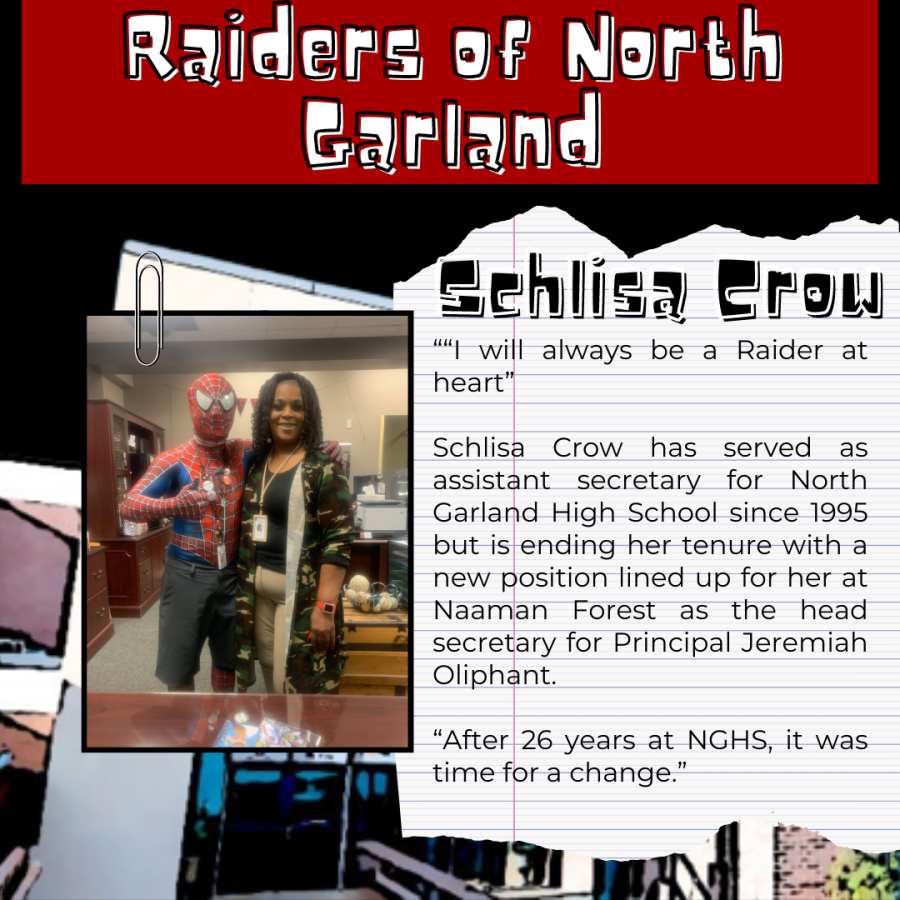Is AP really worth it?
As colleges become more and more selective on what kind of students they accept, there has been a rush to polish college resumes and applications. Clubs look good on them, volunteering and academics alike, extracurricular activities, sure, sports and the school band. But, what stands out the most to many colleges is grades and course work, and most say the easiest way to buff your applications, is AP classes. But, do these classes really help?
 Alanna Harris and Michelle Montañez are both in the 11th grade at North Garland High School. But that’s not where the similarities end. During the 2020-21 school year they both took world history. Harris, however, took an advanced placement class, AP, and Montañez took on-level, the recommended class for her grade level. Together, they have given two different perspectives of the same class to help give us an idea of the differences between the two levels.
Alanna Harris and Michelle Montañez are both in the 11th grade at North Garland High School. But that’s not where the similarities end. During the 2020-21 school year they both took world history. Harris, however, took an advanced placement class, AP, and Montañez took on-level, the recommended class for her grade level. Together, they have given two different perspectives of the same class to help give us an idea of the differences between the two levels.
World history is a field of historical study that examines history from all around the globe, not just selective areas. In world history, students can learn about the Mongols one day and then the Qing dynasty the next. This versatility is what can make world history such a difficult AP class. Harris says that the class came with a load of homework including readings and outlines, where the students read a certain area of their history book and write out the basic gists of it. These outlines could range anywhere from ten to fifty pages. “It was a very stressful class,” stated Harris, “the amount of work was higher than any AP class I’ve taken before and just — especially taking it during COVID, when your mentality is already at a low — it was very, very stressful.”
On the other hand, taking world history as an on-level student seemed to be a little different.
“We mostly just did like small little projects,” Montañez  said,”We worked a lot with Google Docs and Google Slides, and we did a lot of timelines and stuff- we never really just sat down and took notes or anything. [It] was just very rare that we did.”
said,”We worked a lot with Google Docs and Google Slides, and we did a lot of timelines and stuff- we never really just sat down and took notes or anything. [It] was just very rare that we did.”
The biggest difference between an AP class and an on-level class is the end of the year test. If you decide to take an AP class, you are required to take an AP test at the end of the second semester. While your passing grade depends on your work in class, whether or not you get college credit for taking the class depends on that one test. It is graded on a one to five scale; anything under a three does not qualify for credit. This test is one of the major stressors for AP students and one of the scariest things about taking an AP test.
“-It kinda makes you think like, you know, you’re doing this whole class just for one test at the end of the year instead of like, doing this class to learn anything.” said Harris, “You’re just taking it so you can take a test that doesn’t actually prove your knowledge of anything.”
In on-level classes there is no big, scary test at the end of the year, besides the required course exams, which can help make the class feel more manageable.
 “I feel like when you take AP classes you spend a whole year working towards that AP test and getting a five on it, but since I didn’t have to worry about it, there was really nothing I was stressed about,” Montañez- “-I guess I just didn’t take it as seriously because I knew that there was nothing to worry about, I had no test to stress over.”
“I feel like when you take AP classes you spend a whole year working towards that AP test and getting a five on it, but since I didn’t have to worry about it, there was really nothing I was stressed about,” Montañez- “-I guess I just didn’t take it as seriously because I knew that there was nothing to worry about, I had no test to stress over.”
Both AP and on-level have their own benefits, so deciding between the two options can be hard. With AP, you can earn college credits – but only if you pass the test. You also have an opportunity to see what a real college class will be like, but many students can’t handle the pressure and are unable to drop the class. By doing on-level, there’s a lot of stress taken off students shoulders, but they could potentially be less prepared for college and the workload in those classes. You don’t earn college credit from doing an on-level class, but depending on where you go, some colleges won’t accept your credit from an AP class anyway.
Depending on goals for the future, both levels of the class could be extremely beneficial. It’s all a matter of what a student wants to do in your future and what their career goals are.
I'm a junior at North Garland. I am a part of NGTV and NG broadcasting.























